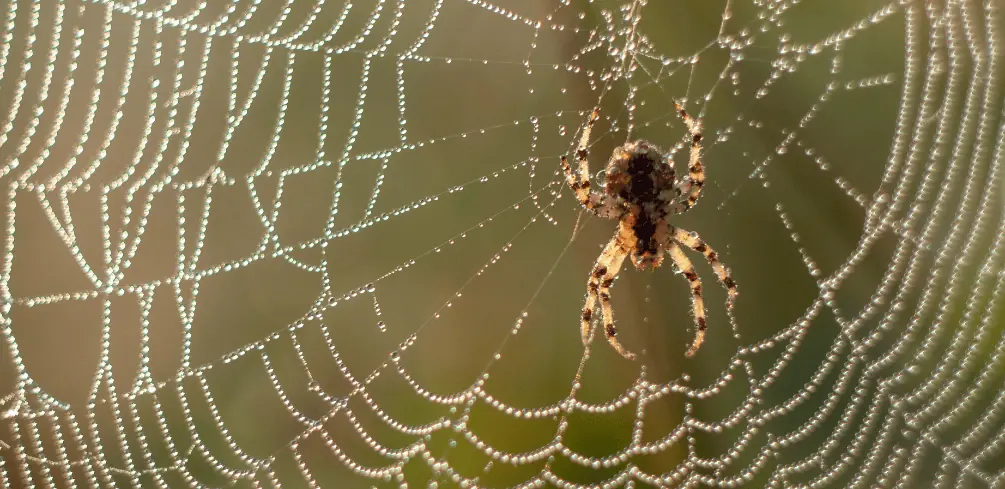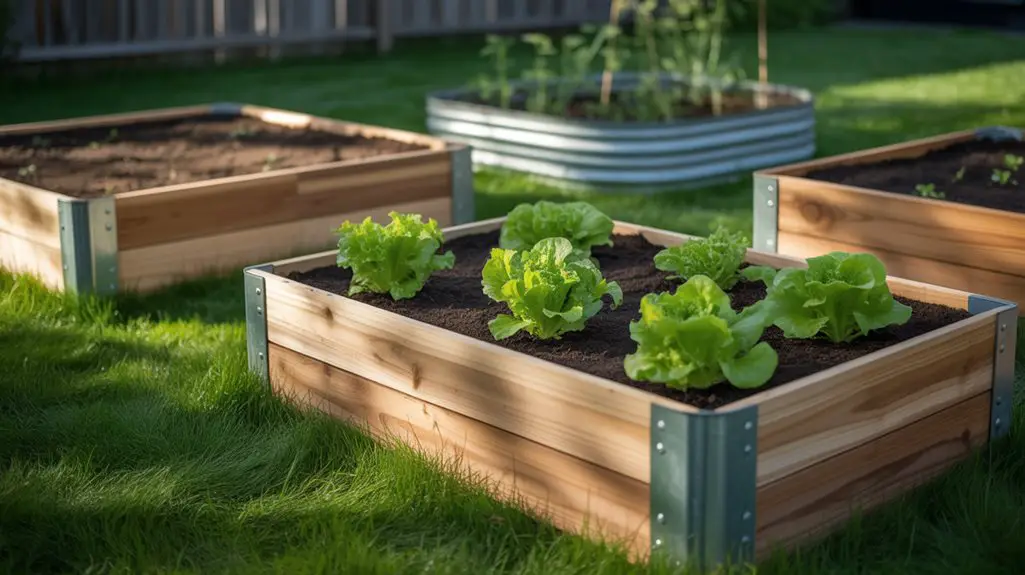As a parent, you want to ensure that your child’s playset remains a safe and enjoyable space for them to explore their imaginations. One of the most common concerns is keeping spiders away from these outdoor structures.
You’re not alone in your quest for knowledge on how to repel these eight-legged creatures – it’s important to keep playsets spider-free not only for comfort but also for safety reasons, as some species can pose health risks if they bite.
This article will guide you through various methods of keeping spiders at bay so that you and your family can continue enjoying worry-free playtime.
In order to effectively keep spiders away from playsets, it’s essential to have a comprehensive understanding of various prevention strategies.
From regular cleaning and maintenance practices, natural spider repellents, landscape and garden management techniques, and sealing off access points to monitoring and prevention methods – we’ve got you covered.
Regular Cleaning and Maintenance of Playground Sets
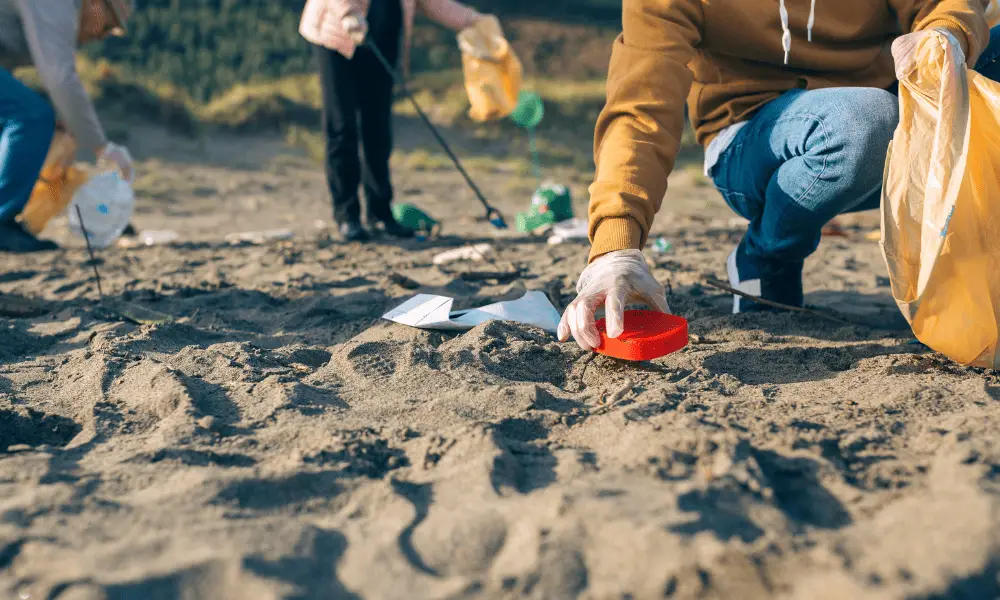
Imagine the satisfaction of seeing your playset spider-free as you diligently keep it clean and well-maintained, ensuring those eight-legged critters don’t find a cozy home in your child’s play area.
Playset sanitization isn’t only essential for your child’s health but also helps to deter spiders who are attracted to unkempt spaces where they can build their webs, lay eggs, and hunt other insects.
Creating a maintenance schedule for your playset will go a long way in keeping it free from spiders while also providing a safe space for kids to enjoy.
A regular cleaning routine should include wiping down surfaces with soapy water or sanitizer, removing any visible cobwebs or egg sacs, and checking tight corners or hidden spaces where spiders may be hiding.
Keep the surrounding area free from debris such as leaves, grass clippings, and piles of wood that can provide shelter for spiders.
Additionally, trimming back bushes or trees close to the playset will reduce the chances of spiders using them as bridges to access it.
Consistency is key when trying to prevent spider infestations on your playsets. By sticking to your maintenance schedule and regularly inspecting all areas of the structure, you’ll ensure that no new webs are being spun or egg sacs laid.
Pay special attention during warmer months when spider populations are more active and likely to seek out ideal locations like shaded corners under slides or swings.
Don’t forget that while some spiders can be beneficial by eating other pests like mosquitoes and flies, having them around children’s play areas might cause unnecessary stress or even bites in rare cases.
So stay vigilant with your cleaning efforts and enjoy watching your kids have fun on their pristine spider-free playsets!
Natural Spider Repellents
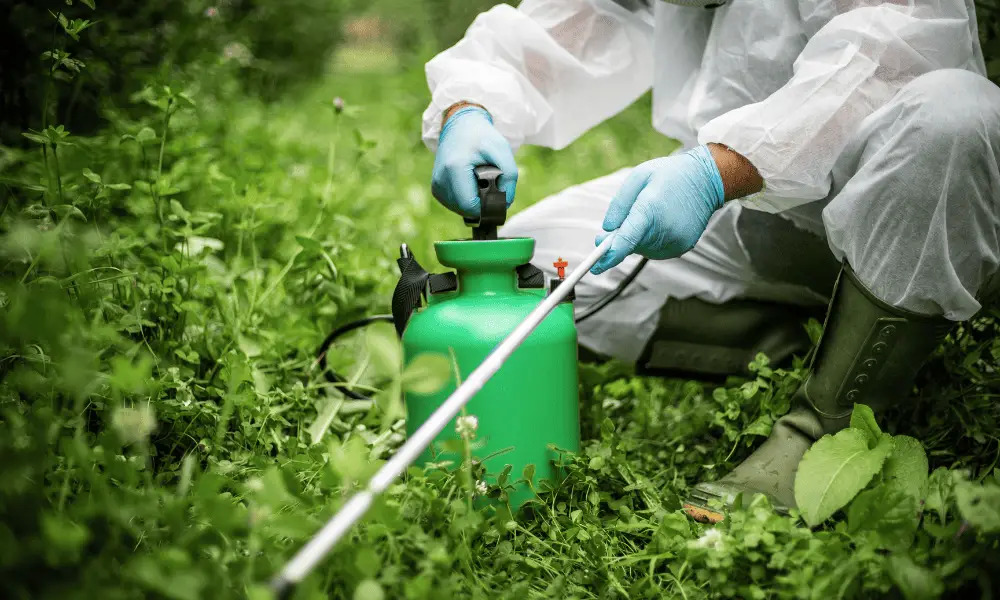
You can try using natural spider repellents around your play area to deter those eight-legged critters from making themselves at home. These repellents are not only effective but also safe for children and the environment.
There are several options you can consider, including essential oils and diatomaceous earth, which have been proven to effectively keep spiders away.
| Essential Oils | Diatomaceous Earth |
|---|---|
| Peppermint Oil | Food Grade |
| Lavender Oil | Non-toxic |
| Eucalyptus Oil | Insecticide |
| Lemon Oil | Easy Application |
| Tea Tree Oil | Fossil Shell Flour |
Essential oils such as peppermint oil, lavender oil, eucalyptus oil, lemon oil, and tea tree oil have been found to be effective in repelling spiders.
You can create a homemade spray by mixing 10-15 drops of any of these essential oils with water in a spray bottle. Shake well and spray around your playset regularly to maintain a spider-free zone.
On the other hand, diatomaceous earth (DE) is a naturally occurring sedimentary rock that crumbles into a fine powder.
When used as an insecticide, it causes dehydration in insects like spiders by absorbing the lipids from their exoskeletons. To apply DE around your playset, simply sprinkle it on areas where you’ve noticed spider activity or where they might hide.
By incorporating these natural spider repellents into your regular playset maintenance routine, you’ll be able to provide a safer environment for your kids without resorting to harsh chemicals or pesticides.
With just a little effort and some easy-to-find ingredients like essential oils or diatomaceous earth, you can effectively keep those pesky spiders at bay while ensuring that your children continue to enjoy their outdoor activities without fear of unwanted creepy crawlies.
Landscape and Garden Management

Don’t worry about creepy crawlies ruining your beautiful garden and landscape; with proper management techniques, you’ll maintain a stunning outdoor space without unwanted guests.
One key factor in keeping spiders away from playsets is their positioning within your yard. Spiders love to hide in dark, damp spaces, so it’s important to ensure that your playset is placed in a well-lit area that receives ample sunlight.
This way, you’ll reduce the number of hiding spots for spiders and discourage them from making webs on or near the playset.
When planning your garden and landscape layout, consider these tips:
Playset positioning:
Mulch alternatives:
Another essential aspect of landscape maintenance is choosing suitable plants that can help deter spiders naturally.
Planting aromatic herbs such as lavender, eucalyptus, or mint will not only add fragrance to your garden but also act as natural spider repellents due to their strong scents.
Additionally, make sure to regularly trim bushes and hedges surrounding the playsets since overgrown foliage provides perfect hiding spots for spiders.
By following these guidelines, you’ll create an inviting outdoor space where both children and adults can enjoy spending time without worrying about unwanted eight-legged visitors lurking nearby.
Sealing Off Access Points
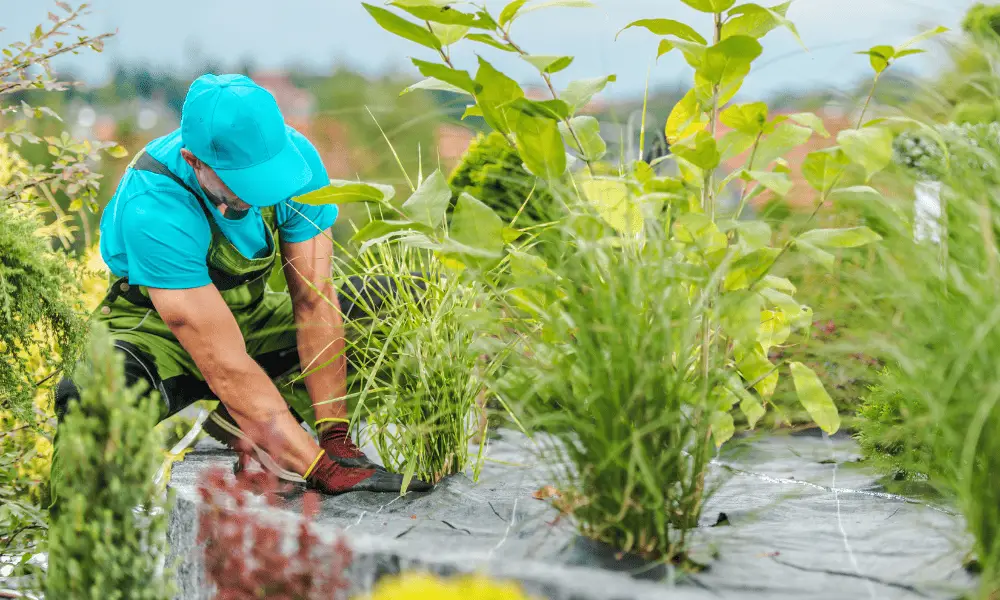
It’s crucial to seal off any potential access points in your outdoor space, ensuring that those pesky arachnids won’t be able to invade your playsets and ruin all the fun.
To accomplish this, you’ll need to assess your play area for any gaps or openings where spiders might crawl in.
Sealing materials such as caulk, weatherstripping, or expanding foam can effectively block these entryways and provide entry deterrence.
In addition to sealing cracks and crevices, consider installing screens or mesh around open spaces like vents or windows.
| Sealing Material | Application Method | Benefits |
|---|---|---|
| Caulk | Apply with a caulking gun; smooth with a finger or tool | Waterproof seal; flexible; paintable |
| Weatherstripping | Cut to size and press into place around doors/windows | Durable; energy-efficient; easy installation |
| Expanding Foam | Spray into gaps from an aerosol can | Fills large voids; insulates well |
Aside from these physical barriers, you may also want to use natural deterrents which can help keep spiders away without causing harm.
For example, sprinkling diatomaceous earth around the perimeter of your playset area can discourage spiders from crossing its abrasive surface.
Additionally, certain essential oils like peppermint, lavender, and eucalyptus have been found effective in repelling spiders when sprayed around potential access points.
By taking the time to seal off access points and applying natural deterrents strategically throughout your outdoor space, you will significantly reduce the likelihood of spider infestations on your playsets.
Not only will this create a safer environment for children at play, but it will also give you peace of mind knowing that their enjoyment remains uninterrupted by unwanted eight-legged guests.
Remember that maintaining a clean and clutter-free area is just as important – clear away debris regularly and keep an eye out for nests or webs so you can eliminate them before they become a problem.
Monitoring and Prevention Strategies
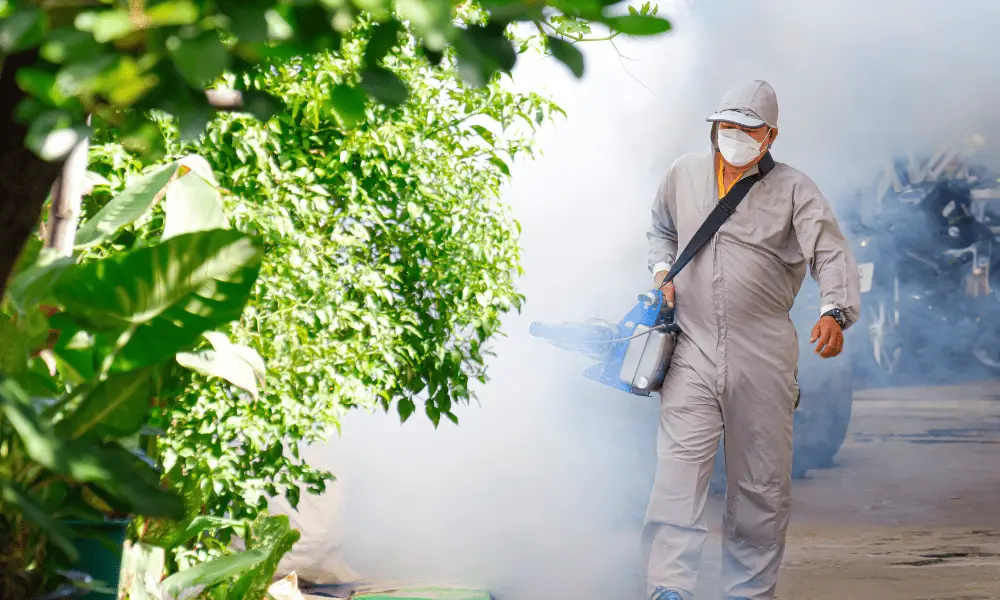
Nipping a potential eight-legged invasion in the bud is as simple as implementing some monitoring and prevention strategies around your outdoor play area.
One effective way to keep spiders at bay is by using spider-proof materials in the construction of your playset. Opt for materials like vinyl, metal, or treated wood that are less likely to harbor insects and provide fewer hiding spots for spiders.
Additionally, choose playset designs that minimize nooks and crannies where these creatures can thrive.
Regularly inspecting your playset for signs of spider activity can also make a significant difference in keeping them away. Check for webs, egg sacs, or any other indications of their presence; remove them promptly to discourage further infestations.
It’s essential to maintain a clean environment around the play area, too – keep the grass trimmed short, remove piles of leaves or debris, and ensure trash cans have tight-fitting lids to deter insect populations that serve as food sources for spiders.
Another useful strategy involves introducing natural predators into your yard that feed on spiders; birds are perfect candidates for this role. Install birdhouses or feeders near the play area to attract avian visitors who will help control the spider population.
If you’re concerned about chemicals harming your children or pets, consider using natural deterrents such as planting peppermint or lavender around the perimeter of the playset; these aromatic plants are known to repel spiders without posing any harm to humans or animals.
By employing these monitoring and prevention methods, you’ll be well-equipped to create a spider-free zone around your outdoor playset while ensuring everyone enjoys themselves safely and comfortably.
Conclusion
So, you’ve made it this far in your quest to keep those creepy crawlers away from your playsets. But the battle isn’t over yet; there’s still more to learn and do!
Stay vigilant with regular cleaning, natural repellents, and proper landscaping. Keep an eye out for any sneaky access points and monitor potential spider hangouts closely.
With a combination of these strategies and a keen sense of observation, you’ll be well on your way to enjoying spider-free playsets for years to come!

